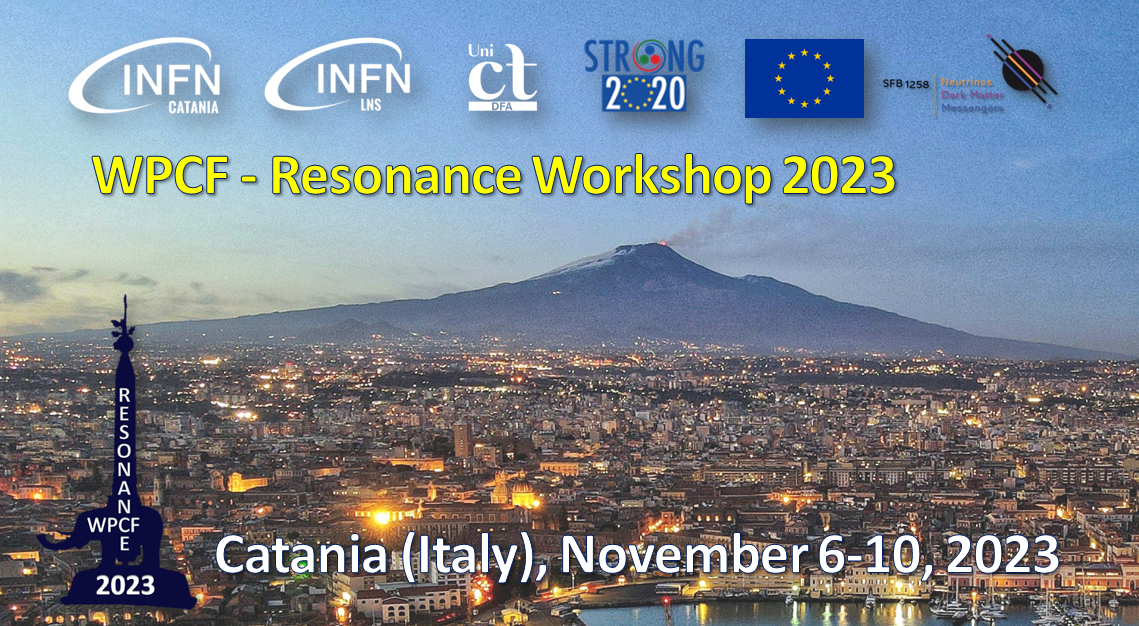Speaker
Description
In the context of heavy-ion collisions, low relative-velocity two-particle correlations play a pivotal role in understanding the space-time characteristics of particle emission. These characteristics are typically represented by a relative emission source, which is determined through the Koonin-Pratt (KP) convolution formula, utilizing the relative wave-function of the particles. Previous studies have commonly approximated this source with a Gaussian parametrization and fit it to the correlation function, although broader inferences have also been made through fitting methods. Here, we propose the application of the Richardson-Lucy (RL) optical deblurring algorithm to extract the source from a correlation function. The RL algorithm, grounded in probabilistic Bayesian principles, relies on the positive definiteness of intensity distributions for the optical object, its image, and the convolution kernel, which align with the relevant quantities in the KP formula. Additionally, we employ a transport model to analyze two-proton (p-p) correlations in heavy-ion collisions at low incident energies per nucleon (E/A). Specifically, we utilize the Boltzmann-Uehling-Uhlenbeck (BUU) transport model to simulate the p-p source. Subsequently, we integrate this source and the p-p kernel within the KP formula to calculate the correlations. By comparing the correlations obtained from the BUU simulation with those from the RL algorithm, we aim to gain a deeper understanding of the impact of fast and slow emissions on the measured correlations. Drawing insights from this comparison, we correct the BUU source function by incorporating a tail to account for the contribution of secondary decay emissions, which cannot be accurately captured by BUU simulations. To illustrate our approach, we examine p-p correlations measured in Ar + Sc reactions at E/A = 80 MeV, considering both momentum-independent and momentum-dependent nuclear equations of state (EOS).

